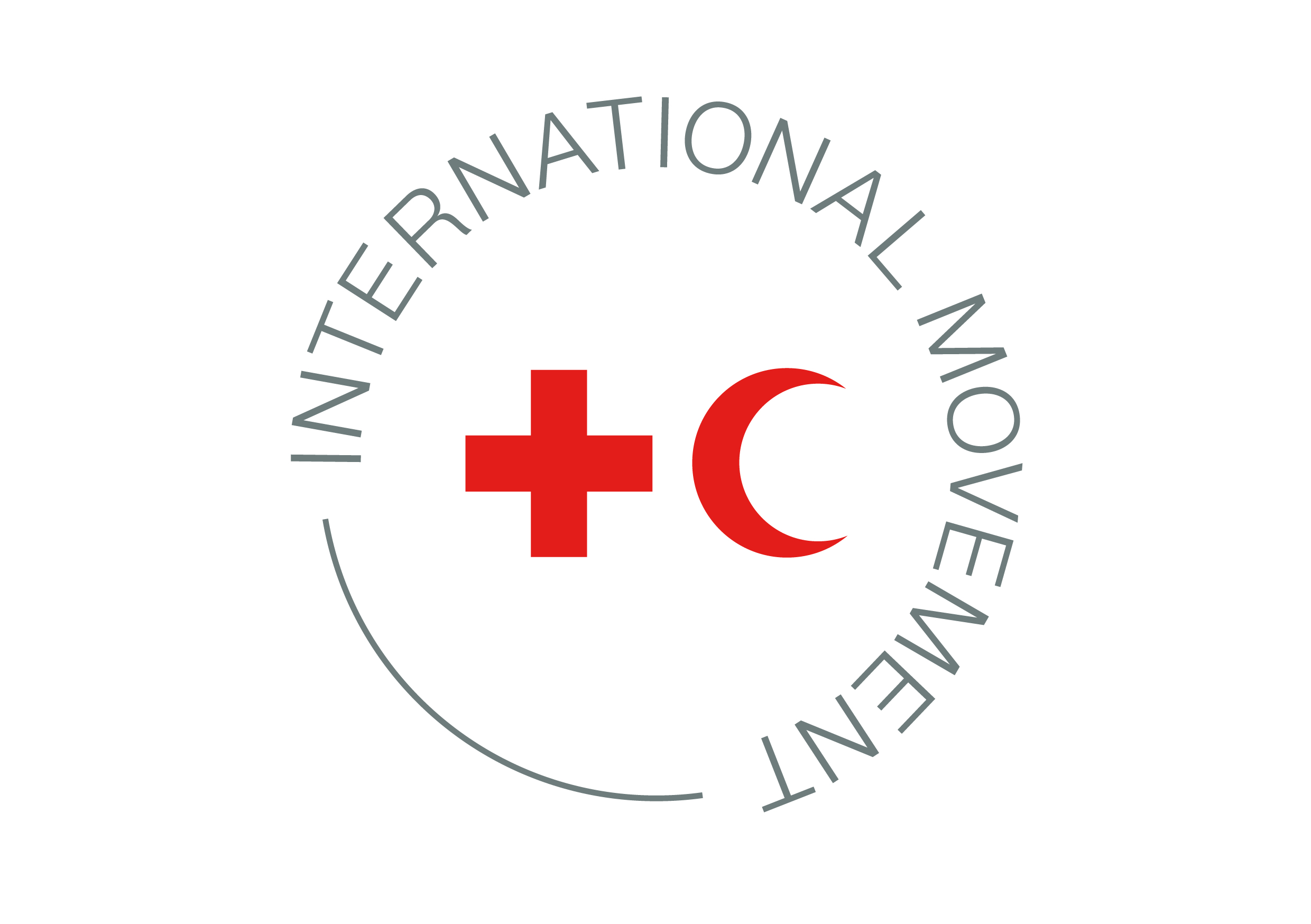A) Objectives of the pledge:
Pledge for 2016-2019:
Building on the 2007 Declaration « Together for Humanity », adopted at the 30th international conference of the Red Cross and Red Crescent Movement, in which all national societies and their respective governments commit to address the increasing risks posed by climate change to the most vulnerable people,
Considering that the most vulnerable people, particularly in developing countries, face the brunt of impact of climate change, while contributing least to the problem,
Considering that both climate change adaptation and disaster risk reduction are two major, interlinked approaches to protect the most vulnerable people,
Considering that the Red Cross and Red Crescent Movement has developed vast expertise to address local needs through early-warning systems, disaster relief, risk reduction, and for access to health, to water and sanitation, to food security and livelihood preservation,
Considering that these areas of expertise strongly contribute to reinforce the resilience against climate-related risks,
Considering that public awareness is a core element to tackle this major challenge of the 21st century,
Considering the mutual interest of the Government and the Red Cross of Netherlands in building resilience of the population against the increasing risks from extreme weather events and other external shocks and stresses,
Considering that the Netherlands government and the Netherlands Red Cross, through the strategic partnership Dialogue and Dissent (2016-2020) with Partners for Resilience, have agreed on a multi-country, multi-stakeholder programme that is aimed at strengthening capacities of civil society, including national Red Cross Red Crescent Societies, to lobby and advocate with relevant stakeholders in selected countries for proper inclusion of Integrated Risk Management in policies, investments and practices
The Government and National Society of the Netherlands jointly pledge:
Public awareness and advocacy
– Promote public awareness and public education on the causes, effects and humanitarian implications of climate change – especially aiming at youth – through prevention and education programmes; the National Society will contribute by mobilising our volunteers and integrate climate aspects into training curricula/modules (e.g. first aid) and social activities (e.g. school clubs).
– Advocate in national and international forums to alert decision makers on the need to assist vulnerable groups in all countries to adapt to the changing risk patterns.
Risk reduction
– Promote, through the Strategic Partnership Dialogue and Dissent between the Ministry of Foreign Affairs and Partners for Resilience (lead by the Netherlands Red Cross) local action to reduce risks of the most vulnerable groups, including by expanding community-based early warning systems in a number of selected countries.
– Promote through the above-mentioned partnership [in national] [international programmes] multi-stakeholder dialogues in national level adaptation planning and early warning systems, especially including the most vulnerable groups
– Support the climate information needs assessments by promoting the Red Cross/ Red Crescent Vulnerability and Capacity Assessments (VCA) – and implement community based (micro-) projects that seek to utilise synergies between climate change adaptation and climate change mitigation opportunities (e.g. natural barriers to catastrophes)
Resources mobilization
Increase the share of financial and human resources for anticipatory risk reduction:
– By promoting financing systems that opens for stepwise release of humanitarian funds as forecasts reveal increasing likelihood of disaster (“Forecast-based Financing”).
– Enhance collaboration between public authorities and National Societies in their capacity as auxiliary to the public authorities in order to increase resources dedicated to risk reduction and adaptation to climate change (funds of national or international origins).
B) Action plan:
N/a
C) Indicators for measuring progress:
N/a
D) Resource implications:
N/a

